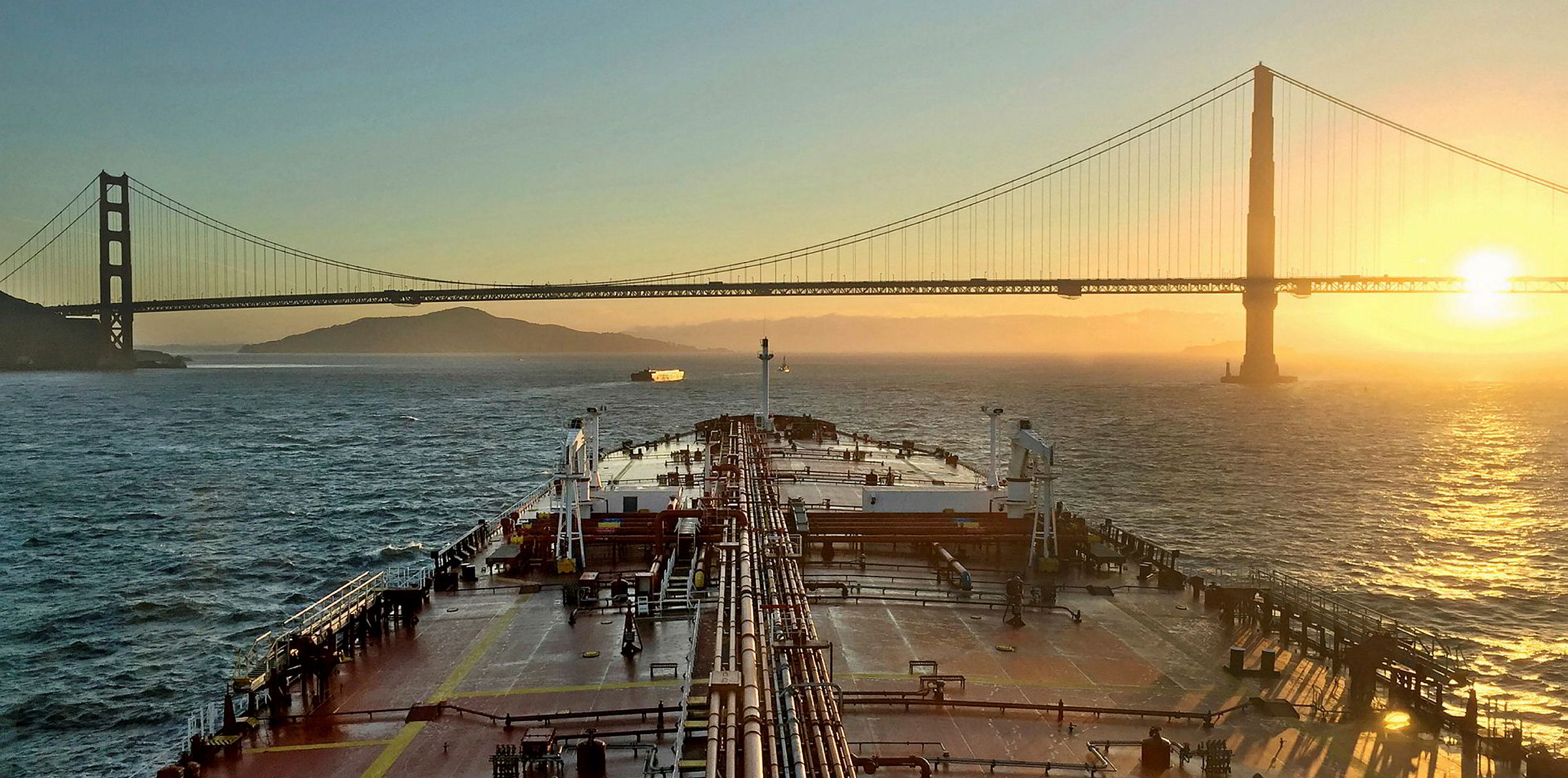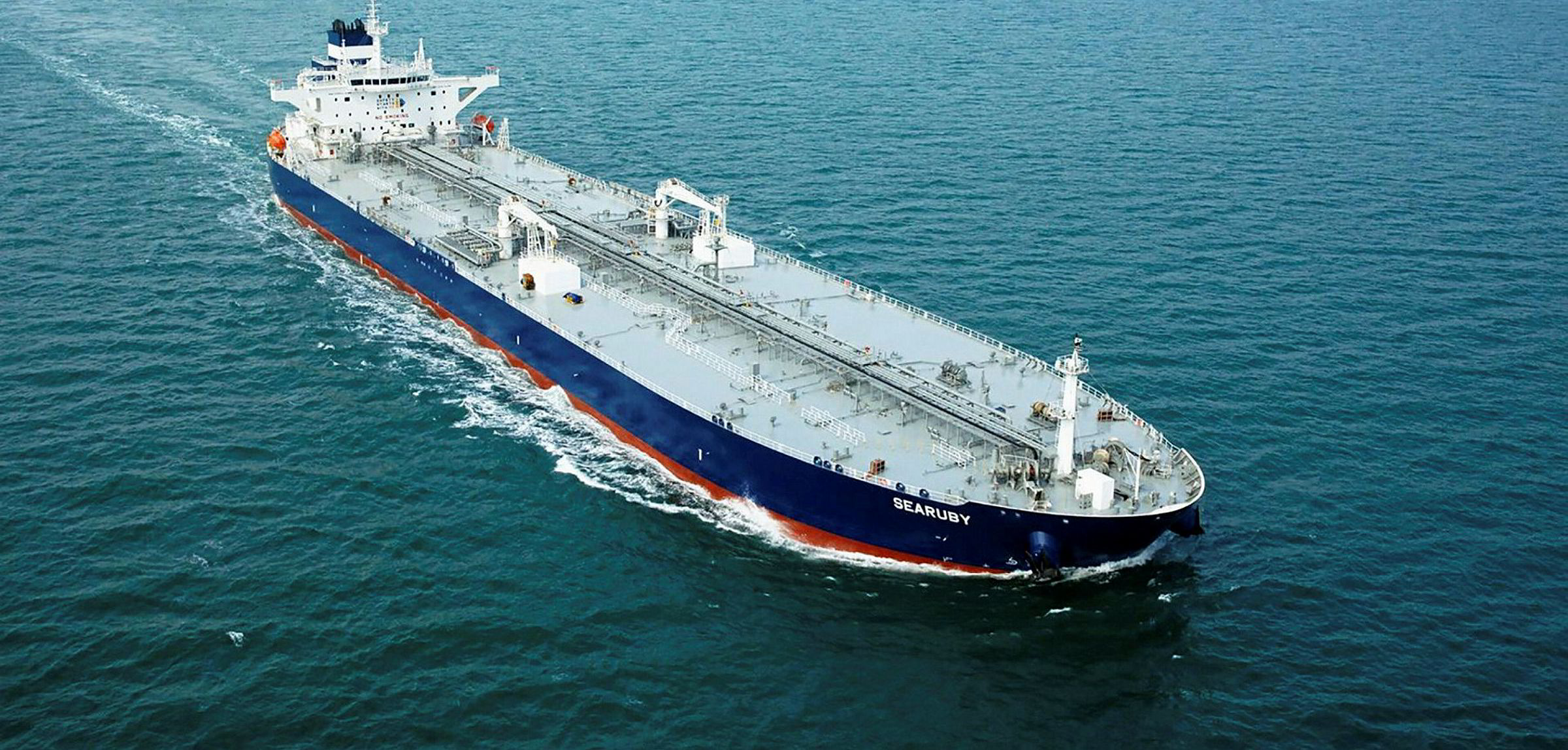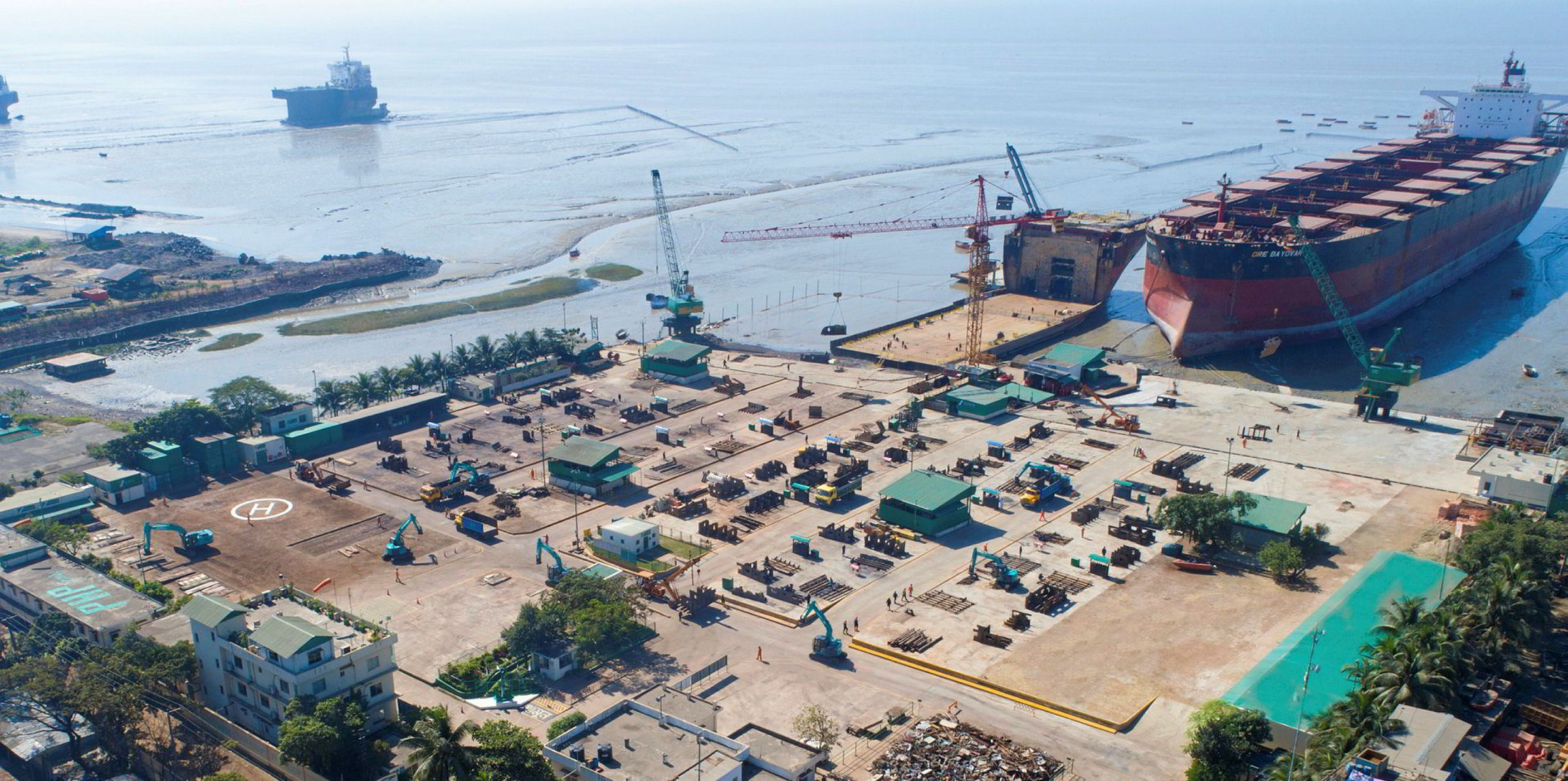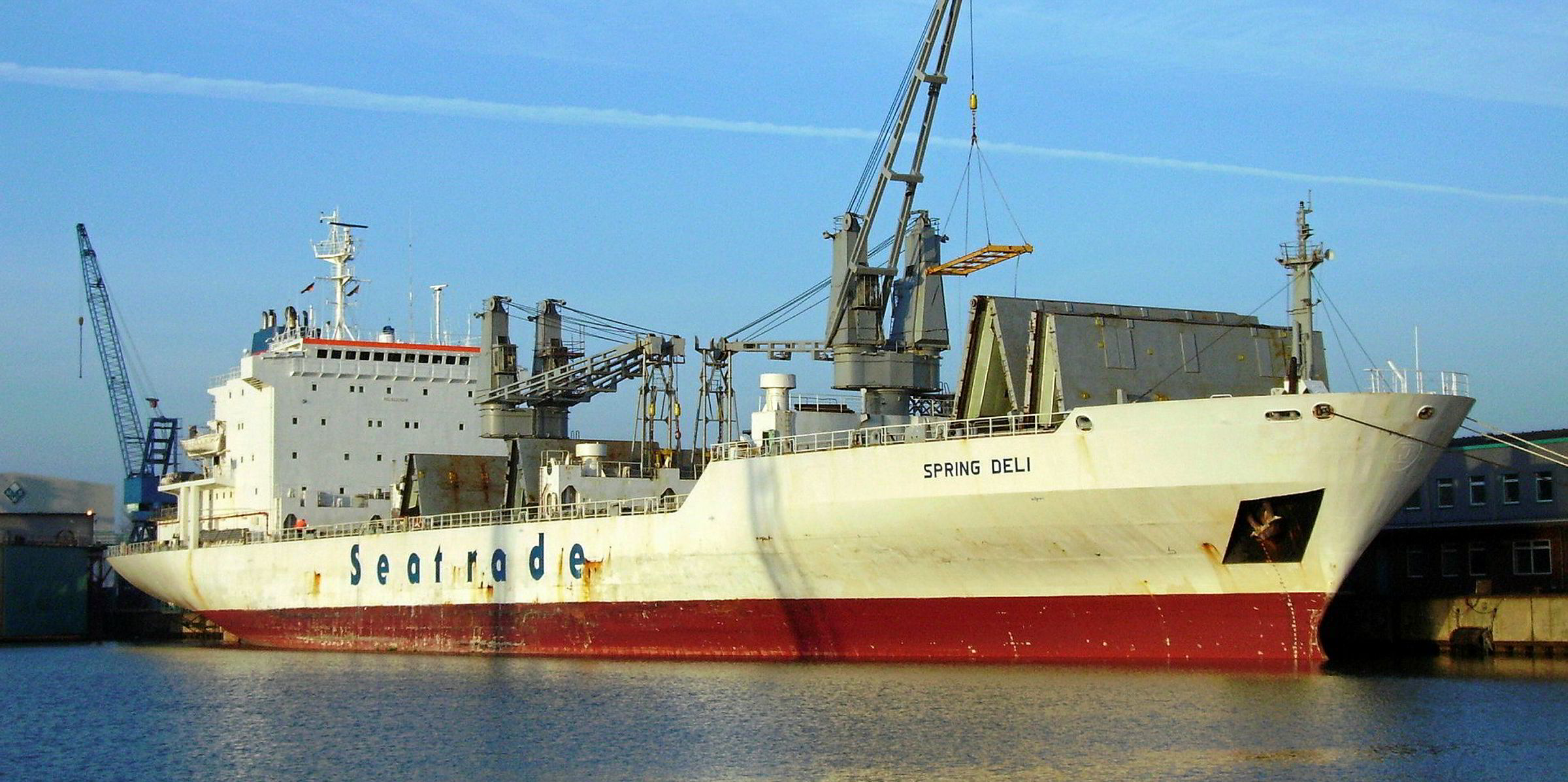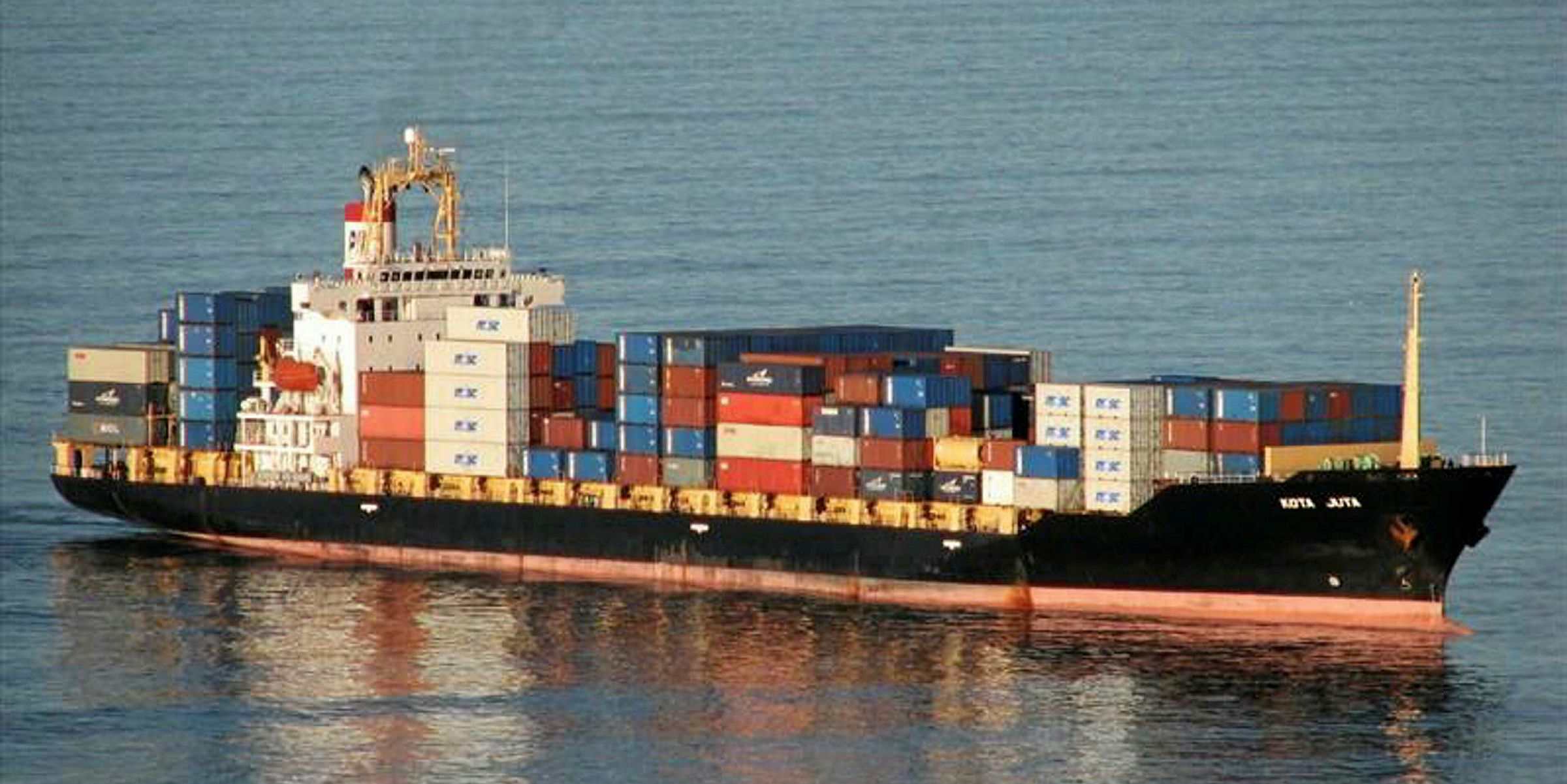Tanker scrapping has sunk to its lowest level in two decades, shipbroker SSY has calculated.
A boom in rates in the spring made owners reluctant to consign their cash cows to breakers' beaches, meaning the fleet grew to 30 June despite muted newbuilding deliveries.
Just 14 vessels of 1.11m dwt left the trading fleet in the first six months of the year, down from 30 vessels of 3.3m dwt in the same period of 2019, SSY said.
The list comprises a VLCC, three suezmaxes and one aframax on the crude side, compared with three, seven and five units removed a year ago.
For the product sector, the figures were four MRs, three handysizes and two vessels of less than 27,000 dwt.
LRs being retained
No LRs were scrapped. In fact, the last time one of these vessels left the fleet was in the second half of 2018.
The crude and product tanker fleet of vessels above 10,000 dwt grew by a net 1.98% or 11.48m dwt in the first half as a result.
In the same period last year, fleet growth was 3.77% or 20.6m dwt, the highest level in a decade.
Growth in 2020 has been led by a net 2.02% rise in the crude fleet, with 37 ships of 8.31m dwt added.
The product fleet increased by 1.9% — 61 ships of 3.18m dwt.
The London broker's figures include scrapping and conversions to floating production, storage and offloading vessels.
Earnings being maximised
"Record high freight rates following the collapse in crude oil and product prices in March incentivised owners to delay scrapping to maximise fleet earnings," SSY said in its July market report.
"There were increased opportunities for vessels to be hired for floating storage as excess supply of both crude and products filled up on-land storage and crude and product futures markets moved to a steep contango.
"Covid-19 lockdown restrictions, meanwhile, halted demolition activity on the Indian sub-Continent and reduced scrapping sales activity, which was further hampered by the pending monsoon season."
Deliveries appear to have been slightly delayed by coronavirus.
Lockdowns to contain the spread of the virus resulted in a drop in industrial output, including shipyards. However, the impact is more muted compared with the significant drop in removals.
In total, 112 tankers of 12.6m dwt were delivered in the first half, down from 186 vessels of 23.6m dwt a year ago.
The crude sector accounted for the majority of this.
For VLCCs, 48% of the 2020 orderbook (21 ships of 6.68m dwt) had arrived by the end of June.
Plenty of new VLCCs
This was the second-largest first-half delivery of VLCCs since 2012. For suezmaxes, 11 ships of 1.59m dwt were delivered, just 30% of the orderbook.
Seven new aframaxes were handed over — 47% of the orderbook. This was the lowest level of arrivals of aframaxes since the second half of 2015, according to SSY.
On the clean side, just 40% of the LR2 orderbook — six ships totalling 678,000 dwt —joined the fleet in the first six months.
For LR1s, the figure was only 29%, with two vessels delivered, the lowest level since the first half of 2015.
MR additions were comparatively robust, SSY added, with owners getting their hands on 52% of the orderbook.
Aframaxes being pushed back?
Forty-two MRs of 2.08m dwt joined the fleet, just below the 46 units of 2.28m dwt that arrived in the first half of 2019, which was the highest level since the first six months of 2016.
SSY's data suggests that 56 crude vessels are due from yards in the second half, including 24 VLCCs and 22 suezmaxes. Of 85 product carriers scheduled for the second six months, 39 are MRs.
"Given the slowdown in shipyard activity earlier this year, we have started to see scheduled 2020 deliveries being pushed forward into 2021, most prominently in the aframax sector," SSY said.
"There is a risk that we will see further slippage from the remaining 2020 orderbook in the coming months."
The scrapping market has been spurred back into action now that beachings are taking place again in the India subcontinent, the shipbroker added.
There has still been a lack of activity on the wet side, with three units reported sold in June, but 58 bulkers were scrapped.
"Moving into July, there is still a healthy quantity of tonnage being sold at robust prices, in particular from Pakistan," it said.
